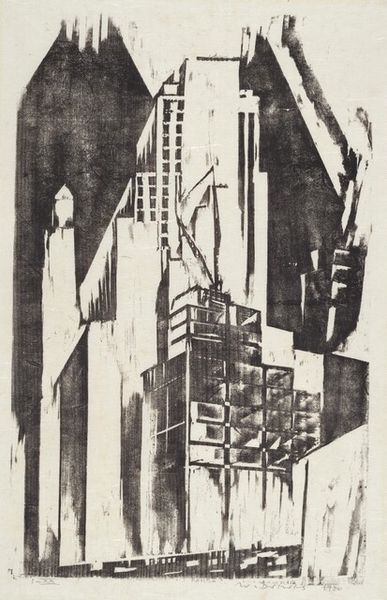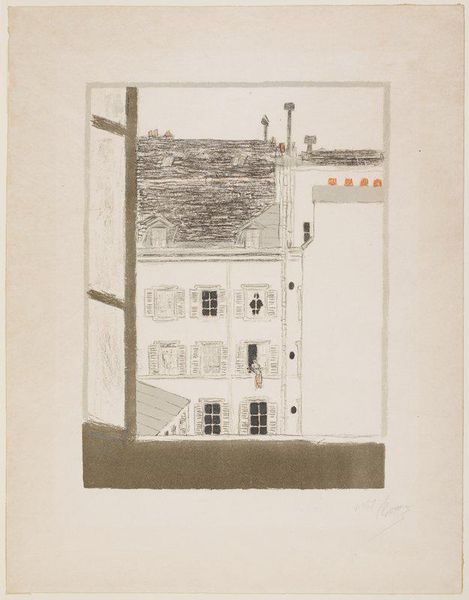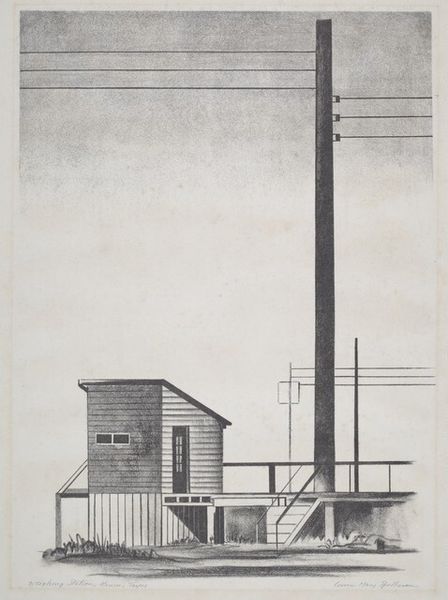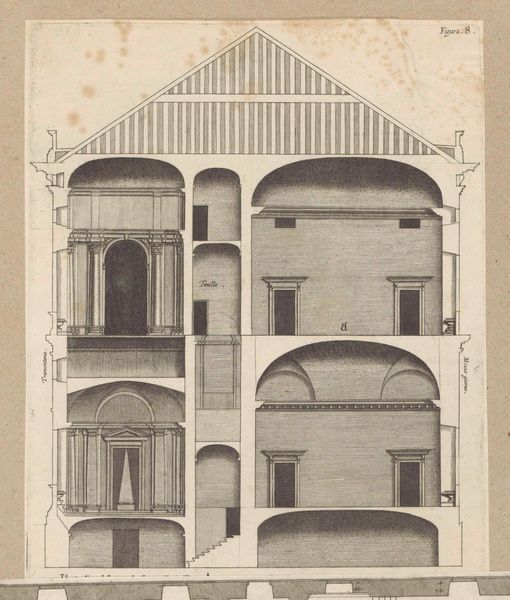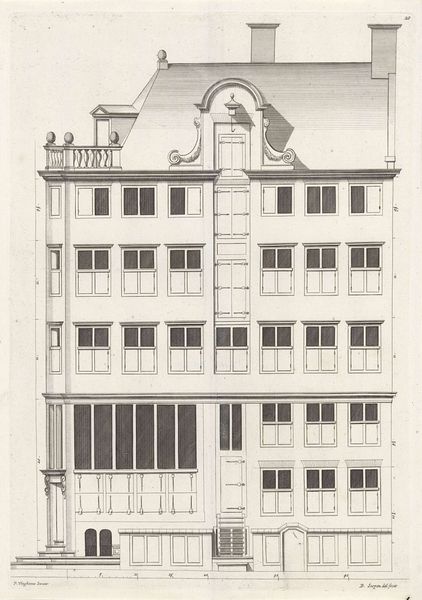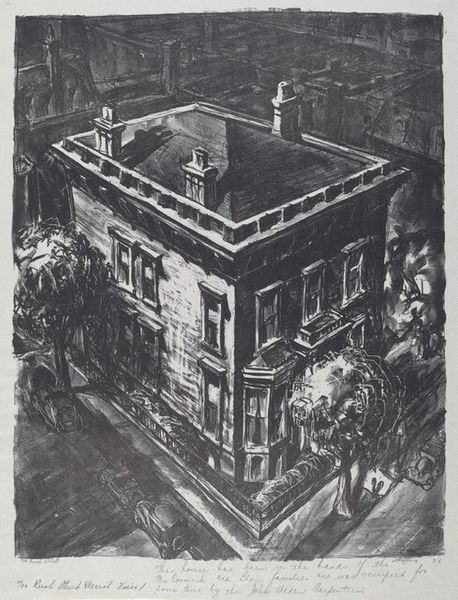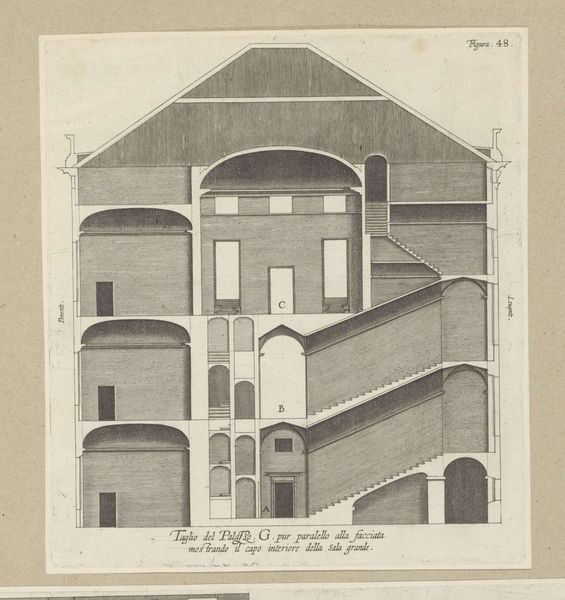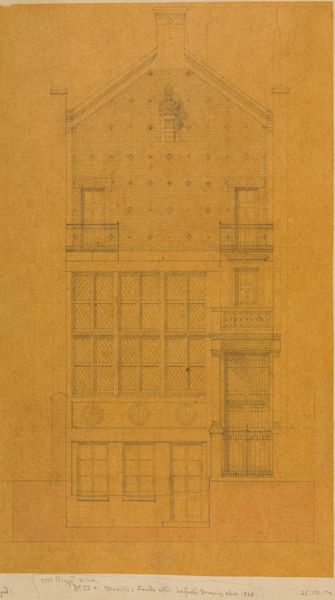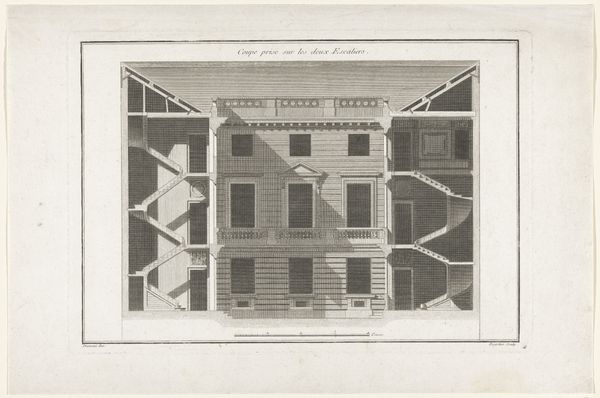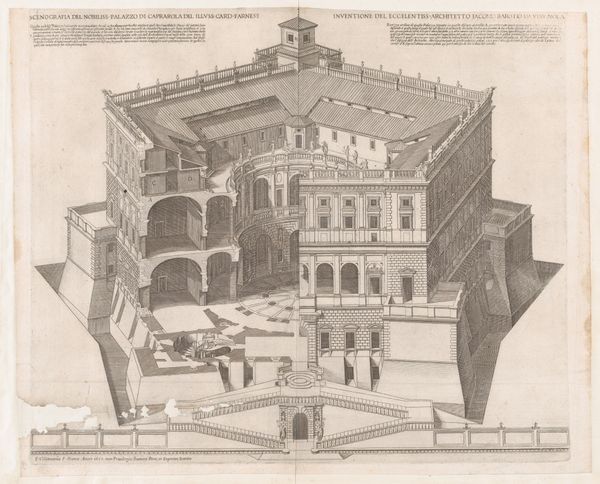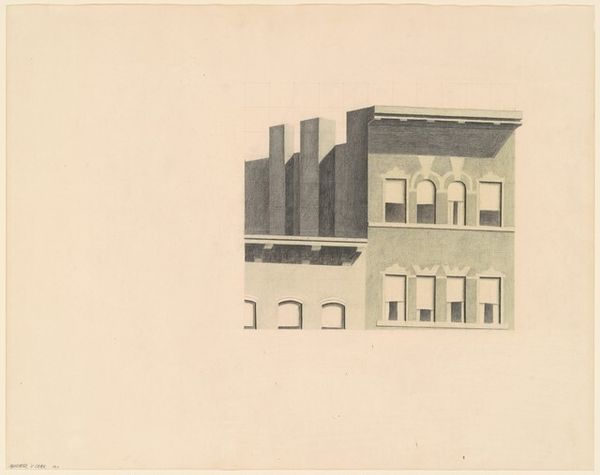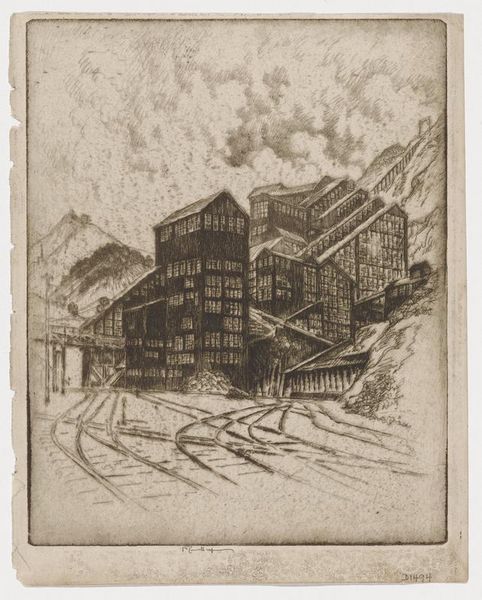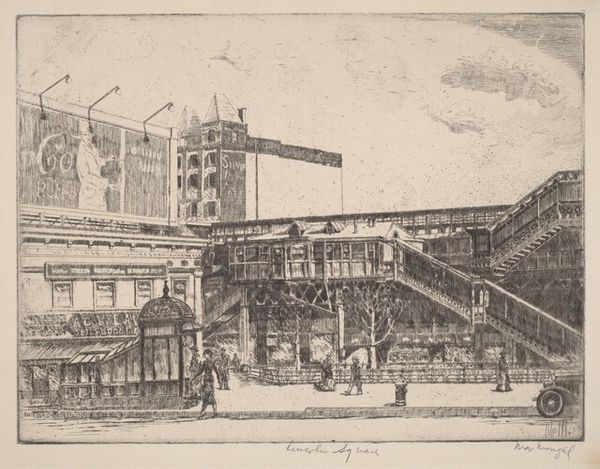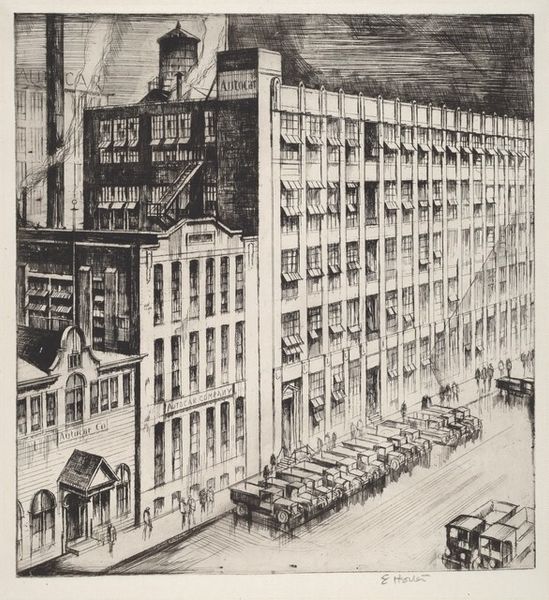
print, etching, architecture
#
precisionism
# print
#
etching
#
cityscape
#
architecture
#
realism
Dimensions: plate: 25.1 × 16.5 cm (9 7/8 × 6 1/2 in.) sheet: 35.6 × 25.2 cm (14 × 9 15/16 in.)
Copyright: National Gallery of Art: CC0 1.0
Editor: Here we have Werner Drewes's "Oakland - Shredded Wheat Plant II" from 1926, an etching that presents this imposing factory. The geometric shapes and stark lines feel so...industrial, almost oppressive. How do you interpret this work? Curator: It’s a compelling image, isn't it? Beyond the immediate sense of industrial weight, I see this print engaging with a larger historical narrative. The Precisionist movement, which Drewes was associated with, often depicted industrial subjects. But we have to ask, what was the underlying cultural context of these images? Were they celebrations of progress, or silent critiques of a rapidly changing world? Editor: I hadn't thought about it that way. So, the choice of subject matter is more than just aesthetic? Curator: Absolutely. Consider the power dynamics inherent in industrialization: the relationship between capital, labor, and the environment. Whose stories are often erased in these depictions of progress? Look at the lack of human figures – who benefits from the production in this place, and at what cost? What do the hard edges and repetitive forms communicate about the dehumanizing aspects of factory work? Editor: It does feel a bit sterile now that you point that out. Were artists at the time grappling with that tension, or were they just focusing on the visual appeal? Curator: Many were. The machine age offered new forms, but also created new forms of alienation. Think of Charlie Chaplin’s “Modern Times,” which brilliantly satirizes the oppressive nature of factory labor. Drewes and his contemporaries were part of that conversation, even if their stance is less overtly critical. By rendering the plant in such stark terms, he's asking us to confront the implications of its existence. Editor: That really reframes how I see this print. It's not just a building; it’s a symbol of larger societal shifts and the ethical questions surrounding industrialization. Thank you! Curator: Precisely! And questioning the surface is what unlocks the complex narratives within art.
Comments
No comments
Be the first to comment and join the conversation on the ultimate creative platform.
